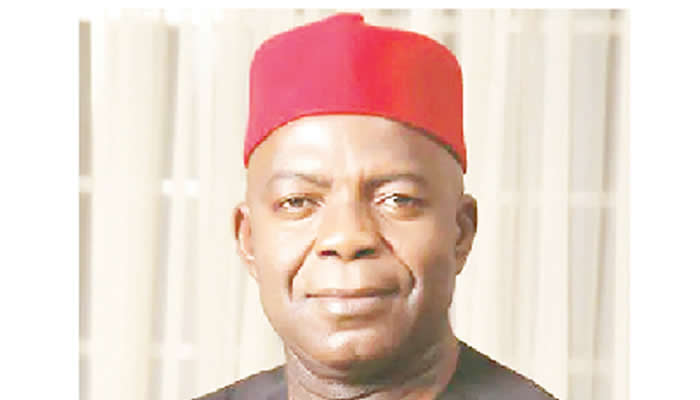The plight of approximately 200 lecturers at Abia State University, Uturu, highlights a concerning situation within the institution’s financial and administrative operations. Employed in 2023, these lecturers diligently fulfilled their teaching responsibilities, grading assignments, and contributing to the academic progress of students. However, their dedication has been met with an unsettling disruption in salary payments. For twelve consecutive months, these educators have not received their rightful earnings, plunging them into financial distress and raising questions about the university’s management and the state government’s oversight.
The lecturers’ spokesperson, Chukwemeka Thompson, has voiced their collective frustration and appealed directly to Governor Alex Otti for intervention. Their primary plea centers on the prompt settlement of the 12-month salary arrears. Beyond the immediate financial relief, they also seek regularization of their appointments within the university’s payroll system, a critical step to ensure future stability and prevent a recurrence of this predicament. Attempts to communicate their concerns directly to the governor have been unsuccessful, amplifying their sense of abandonment and highlighting the apparent disconnect between the government, the university administration, and its employees.
The timeline of events reveals a troubling pattern of bureaucratic hurdles and unfulfilled promises. Initially receiving regular salaries, the payments abruptly ceased around June of the previous year. Inquiries at the Bursary unit directed the lecturers to the Accountant General’s office, initiating a frustrating cycle of referrals. The university management, having initially overseen the verification and registration of these lecturers, claimed they no longer controlled salary disbursements, citing instructions from the state government to halt payments. This shift in responsibility seemingly left the lecturers in a bureaucratic limbo, their employment status and financial well-being caught between the university and the government.
Despite assurances from the university management that they were addressing the issue, months drifted by without resolution. A glimmer of hope arose in December 2024, when rumors circulated among the lecturers that Governor Otti had resolved the matter and that payments were imminent. However, this hope proved to be false, leaving the lecturers further disillusioned and deepening their financial anxieties. Their employment letters remain valid, with no official communication of disengagement or termination. Yet, the absence of salary payments and clear communication from either the university or the government has created a pervasive sense of uncertainty and precariousness.
Dr. Nwosu Nkemakolam Bright and Okpechi Chinemerem, joining the chorus of concerned voices, have implored Governor Otti to reconsider their situation, particularly in light of the autonomy granted to the university for recruitment. They draw attention to the governor’s previous actions in disbursing payments to other ministries and institutions, including the Ogbonnaya Onu Polytechnic in Aba, underscoring the apparent disparity in treatment and urging him to extend the same consideration to the beleaguered lecturers. Their appeal underscores the human toll of this financial impasse, jeopardizing the livelihoods of these educators and their families.
The predicament of these lecturers has not gone unnoticed within the university community. Chidi Mba, Chairman of the Abia State University Academic Staff Union of Universities (ASUU), acknowledges their plight and advocates for their full integration and compensation. He emphasizes the legitimacy of their employment, noting their active contribution to the university’s academic mission. Given their valid employment letters and the absence of dismissal notices, their ongoing contributions through teaching, grading, and graduating students, he argues compellingly for immediate action to address their financial woes. His stance reinforces the urgency of the situation and underscores the need for a swift and equitable resolution that respects the lecturers’ contributions and safeguards their well-being.














